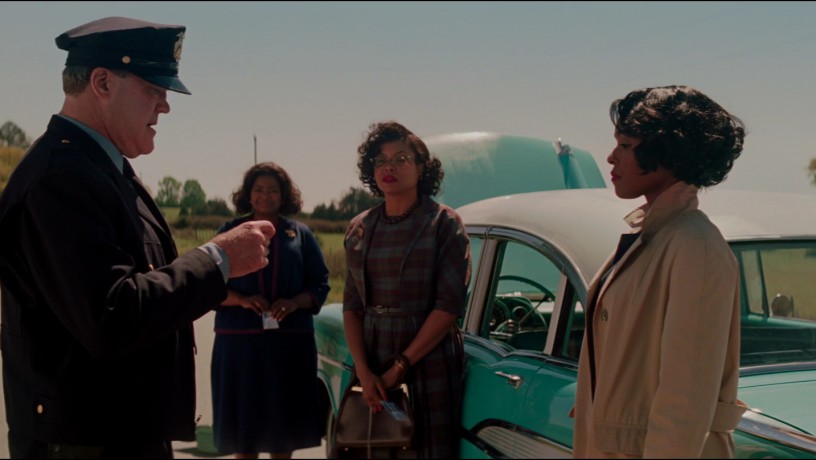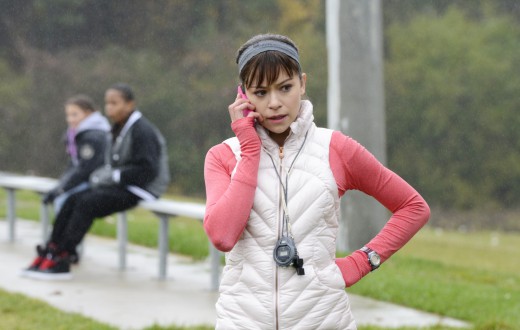Acting is an art form that has been around for centuries, yet, in my opinion, its potential has not been fully tapped. For all I know, it may remain fully untapped because the world is evolving so quickly, it’s a struggle to keep up.
The power of acting lies in its ability to connect people, to evoke emotions and to tell stories. It’s a medium through which we can learn about the human experience and empathize with those around us.
At its core, acting is about transformation. It’s about taking on a character and embodying their thoughts, feelings and experiences. Through this process, actors are able to tap into their own emotions and bring a performance to life in a way that’s authentic and moving. This transformation is not limited to the stage or screen; it can be applied to all areas of life.
I touched upon empathy up there. By taking on the perspective of another person, actors are able to understand and relate to their experiences in a way that few other professions can. This empathy is not only important, but it ‘s also a valuable skill for everyday life. It allows us to connect with others on a deeper level and to approach difficult situations with understanding and compassion.
Examples:
Active Listening: Actors are taught to listen actively, not just hear the words, but also understand the underlying emotions and motivations behind them. This helps them to connect with people on a deeper level.
Observing People: Actors often observe people in their everyday lives to understand human behavior and emotions. This helps them to develop a greater sense of empathy towards others.
Researching Roles: When preparing for a role, actors research the character they’re portraying, their background, experiences and emotions. This process helps actors to understand and empathize with the character they’re playing, which can also be applied to real-life situations.
 Engaging in Conversation: Actors often engage in conversation with people from all walks of life, which helps them to understand different perspectives and experiences. This helps to develop their communication and interpersonal skills.
Engaging in Conversation: Actors often engage in conversation with people from all walks of life, which helps them to understand different perspectives and experiences. This helps to develop their communication and interpersonal skills.
Practicing Emotional Regulation: Actors also learn techniques to regulate their own emotions, which can help them to connect with others on a more authentic level. This involves being able to recognize and manage their own emotions while remaining present and engaged with others. (I suggest you practice this on a continuous basis, as it’s not easy.)
In addition to empathy, acting also requires a great deal of creativity and imagination. Actors must be able to envision and bring to life a character that may be vastly different from themselves. This creativity is a valuable skill for problem-solving and innovation. It allows us to approach challenges with a fresh perspective and to find new solutions to old problems.
Here’s how you can apply creativity and imagination to every day life:
Ability to think outside the box: The “box” refers to the constraints or limitations that can be either external or internal, such as rules, traditions, social norms, habits, fears or biases. To think outside the box is to challenge and expand these constraints by exploring new possibilities, considering different perspectives, experimenting with novel approaches and being open to unexpected ideas and solutions. Something actors are very good at doing!
Adaptability: Actors are used to working in different environments, with different people and in various roles. This adaptability can help them adjust to changing circumstances in the real world, including where travel away from home for months at a time is not negotiable.
Collaboration: Actors often work in ensembles, requiring them to collaborate with others to create a successful performance. Think about how many different ways a scene can play out. Casting Directors see hundreds of actors in a day and I guarantee you, each audition performance varies from the next. By collaborating with many people, you may see value of trying something differently.
Risk-taking: Actors often take risks as part of the job which can lead to unexpected results.
Let’s apply this to the real world:
Physical injuries: Actors often perform their own stunts or engage in physically demanding scenes, which can lead to injuries such as broken bones, concussions and other serious injuries.
Health risks: Actors may have to undergo significant weight changes, follow strict diets or perform in hazardous environments, which can lead to health problems such as exhaustion, dehydration and other health complications.
Emotional risks: Actors may need to portray characters with intense emotions, which can be mentally and emotionally taxing. Additionally, actors may have to deal with rejection, criticism and public scrutiny.
Financial risks: Acting is a highly competitive industry, and many actors may experience periods of unemployment or underemployment, which can lead to financial insecurity.
Legal risks: Actors may face legal challenges such as breach of contract, copyright infringement and defamation.
Reputation risks: Actors’ careers can be significantly impacted by scandals or negative publicity, which can harm their personal and professional reputations.
Safety risks: Actors may need to perform in dangerous or risky situations, such as working with animals or in extreme weather conditions, which can pose safety risks.
Acting also has the potential to break down barriers and promote social change. By bringing to light stories and experiences that are often overlooked or marginalized, actors can create a platform for social justice and advocacy. Through performances, they can raise awareness about important issues and inspire others to take action. The actors in the 2016 film Hidden Figures do just that. The film illustrates the determination and perseverance needed to overcome racist and misogynistic attitudes.
Too often, acting is dismissed as a frivolous pursuit or a hobby rather than a legitimate profession. This attitude not only undermines the hard work and dedication of actors, but it also ignores the tremendous value that acting can bring to individuals and society as a whole.
To fully tap into the potential of acting, we must recognize its importance and invest in its development. This means supporting aspiring actors with education and training programs, creating more opportunities for diverse representation in the entertainment industry and valuing the contributions of actors in all areas of society.
Acting is an art form that deserves our respect and recognition, and we must work together to unlock its full potential.







